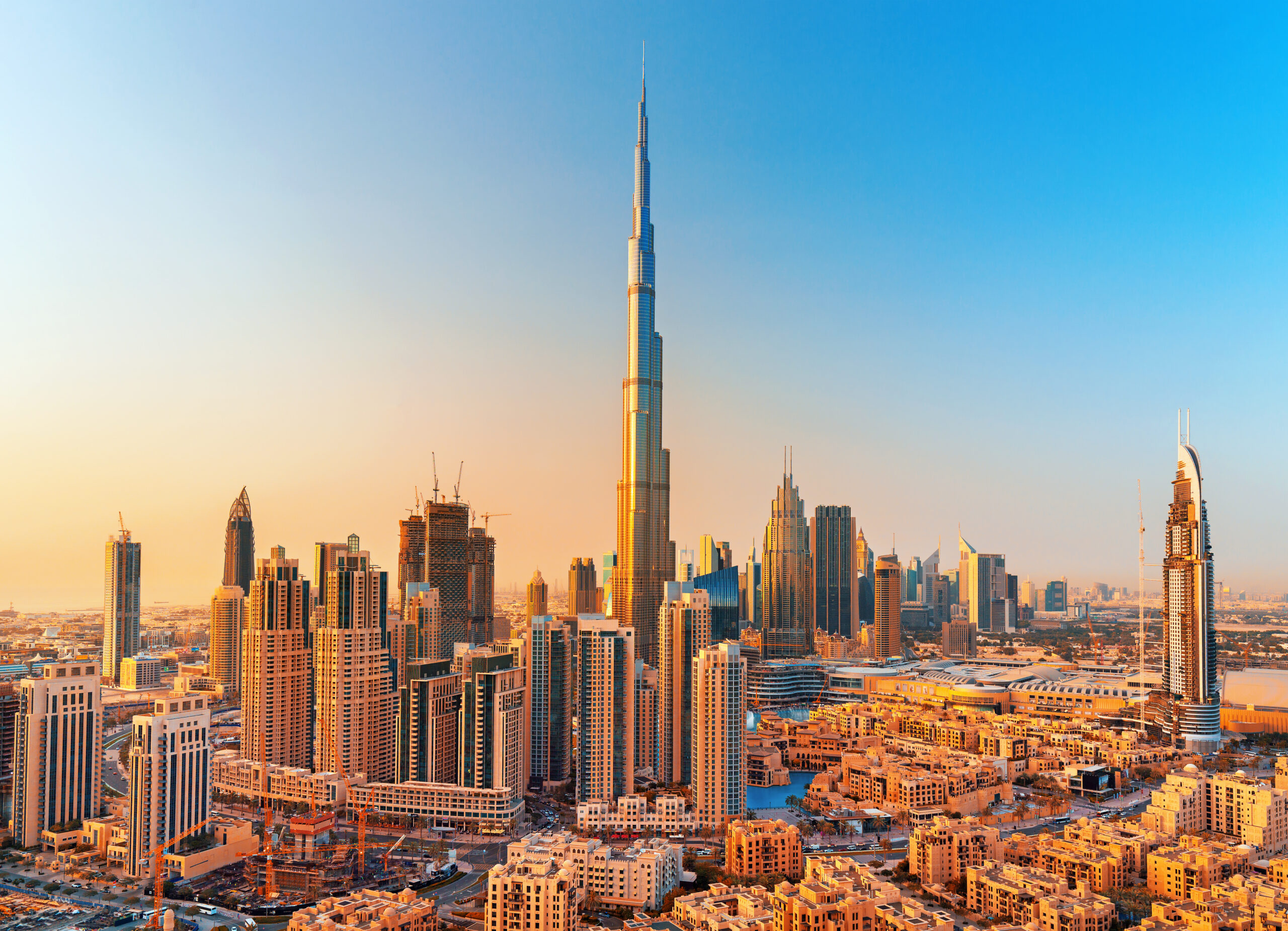EU methane deal ups pressure on global leaders at COP28
A landmark EU deal this week to impose methane emissions limits on oil and gas imports into Europe should spur global action at COP28.

Just a few weeks before global leaders gather in Dubai for the COP28 climate talks, the European Union has taken an important step in curbing lethal methane emissions – but more global methane reduction action is still urgently needed.
On Wednesday, following all-night talks, the EU reached a deal to impose methane emissions limits on oil and gas being imported into Europe from 2030. Importers who buy from foreign suppliers who don’t comply with the new methane limits will be fined.
That landmark decision is timely, with methane leakage set to be a hotly-contested topic at the COP28 negotiations, even more so since the United Arab Emirates — this year’s host and a major oil and gas producer — has been accused of failing to report its methane emissions to the UN.
Studies show that methane accounts for approximately one third of the global rise in temperatures. The lifespan of methane is relatively short — only around a dozen years — but in this short time, methane absorbs vastly more heat than greenhouse gases.
Yet methane leaks from every part of the gas supply chain – including from drilling sites, long-distance transmission lines, compressor stations and even from gas stoves in people’s home. The latter poses a serious health risk. Children living in homes with gas stoves are at a 20 percent increased risk of suffering from respiratory illnesses, according to The World Health Organization.
This week’s deal, which represents the first-ever EU law to curb methane emissions in both the EU and globally, is due to come into force later this year once it gets final approval from the European Parliament and EU countries.
It will hit major gas suppliers Algeria and the U.S., both importers into the EU, but less so Norway — which replaced Russia as Europe’s biggest gas supplier last year following the war with Ukraine. Gas from Norway, however, has some of the lowest methane intensity in the world so Norwegian supply will be less affected.
The new rules will also introduce requirements for the measuring, reporting and verifying of methane emissions from within the oil and gas sector – a tightening of emissions-reporting that is well over-due.
Until now, reporting of methane emissions has been carried out by the industry itself, on a voluntary basis. However self-reporting of methane emissions has seen limited success. Methane emissions in the oil and gas sector globally are thought to be 70% higher than self-reported data.
What’s more, some oil and gas majors are even still resisting joining the UN’s methane-reporting pact that comprises around 100 companies, known as the Oil & Gas Methane Partnership. National oil companies, in particular, are notariously disengaged from methane reporting. That is in spite of growing shareholder pressure at many firms to strengthen emissions detection and reporting.
With “methane bombs” threatening to gush massive amounts of methane into the atmosphere from oil and gas facilities in the years to come, surely the time has come for obligatory methane emissions detection and reporting. And cost isn’t even a barrier – the International Energy Agency has said that the oil and gas industry could use existing technology to avoid more than 70% of its current methane emissions.
The impact of this legislation will be far-reaching, putting pressure on the rest of the world to bring in ambitious methane regulation as well, or else risk humiliation on the world stage. The new EU rules also amount to a near-ban of gas flaring and venting, setting a precedent for gas flaring regulation globally. EU nations are among the lowest countries worldwide to engage in gas flaring – Russia, Algeria and the U.S. are among the worst offenders.
There have been some hints in recent weeks that methane emissions will be high on the agenda at COP28, but pledges are still vague. The ‘Sunnylands Statement,’ released this week following a California meeting between U.S. President Biden’s climate envoy John Kerry and China’s veteran climate change envoy Xie Zhenhua, suggests both countries back a global push to clamp down on methane emissions. A new so-called Global Decarbonization Alliance tacking methane emissions is also reportedly on the cards, but details are scarce. Much is left to do at COP.
At worst, the EU’s new regulation will clean up Europe’s fossil fuels industry and make unnecessary, dangerous methane emissions a thing of the past. At best, it will spur international leaders to take more critical, global action on methane emissions. All eyes are now on COP28 to further the methane discussion.
